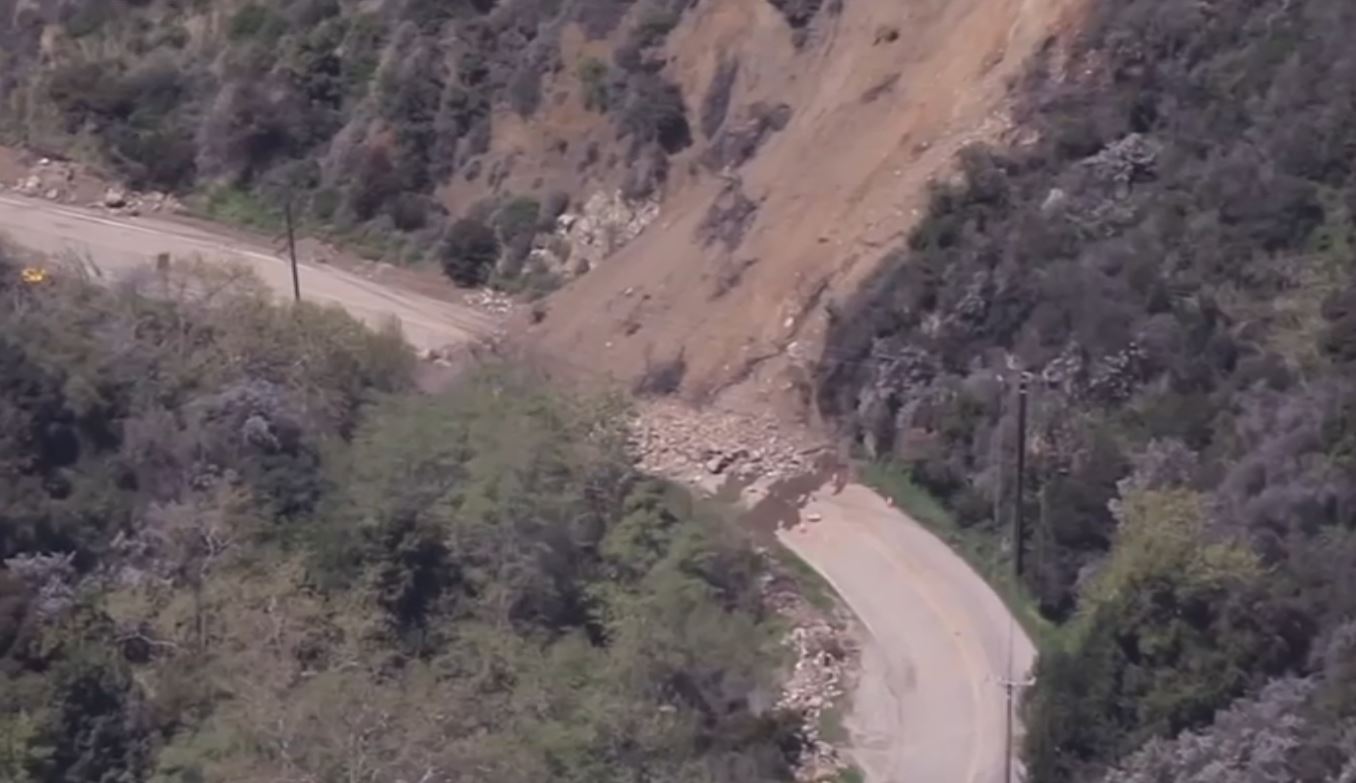After facing tough questions on Tuesday from the City Council about why the department has failed to deliver on a plan to cut down on response times, Los Angeles Fire Chief Brian Cummings said he has a plan.
Cummings has been under fire since admitting the data the fire department uses to track responses times were exaggerated to suggest emergency personnel were getting to 911 calls faster than they actually were.
"We're going to provide that ultimate public safety and [use] data to make sure we're driving those decisions," Cummings said after the council session.
He told the council that the department is doing more with less after millions of dollars in budget cuts.
Bottom line everyone of these solutions is going to have a price tag, yes," said Genethia Hudley-Hayes, the president of the Fire Commission, the civilian panel that oversees the department. "And bottom line is, somewhere that money is going to have to be found."
Full Coverage: NBC4's Response Times Coverage
Fire Department managers were asked to to develop a plan to restore agency resources to cut times, dispatch response times and improve public safety, wrote Councilman Eric Garcetti in a council file motion.
"Six months Later, LAFD managers are unable or unwilling to tell the Council what their solutions are to improve response times and make Los Angeles safer," wrote Garcetti, who's running for L.A. Mayor in 2013.
The issue comes as a study found that in more than one third of emergency calls, firefighters and paramedics fail to arrive within the targeted time. It also comes after an audity by City Controller Wendy Greuel found found that the Fire Department had no consistent methods or standards to measure emergency and non-emergency incidents.
"This discussion is long overdue and must be a top priority," said Greuel, who's also running for Mayor, in a statement released Tuesday. "It is unacceptable that the LAFD has not been able to accurately track its emergency response times."
Members of the City Council have said they were misled by inaccurate information, and would not have voted for fire department cutbacks last year had they known the cuts would lead to increased response times, as found by a city controller's audit.
Cummings has apologized for the misinformation but has also defended his department's public safety performance under severe budget constraints, including a $54 million budget cut in 2011 that forced the elimination of 18 fire companies.
A task force set up to study the response time issue found that budget cuts, outdated computer dispatch systems and a lack of training were among the factors that led the department to report false response times.
Local
Get Los Angeles's latest local news on crime, entertainment, weather, schools, COVID, cost of living and more. Here's your go-to source for today's LA news.
Cummings faced particular scorn from Councilman Bill Rosendahl and former Councilwoman Janice Hahn for eliminating companies near fire-prone hillside communities on the Westside and in the South Bay, where oil refineries and other heavy industry pose potential fire hazards.
Various council members have pushed Cummings this year to take steps to better track and analyze response time data and to draft a plan for providing better fire and emergency medical service.
Cummings in July convened the IDA task force to help restore the department's reputation by having objective experts in data analysis study the LAFD's data collection and analysis procedures. The IDA included data experts from the RAND Corp., USC and the Los Angeles Police Department, as well as sworn and civilian LAFD members.
A task force study found that in September, LAFD personnel met national response time standards 60.9 percent of the time for emergency medical calls and 61.3 percent of the time for fires, far below the 90 percent goal of the National Fire Protection Association, which is embraced by the LAFD.
City News Service contributed to this report.



